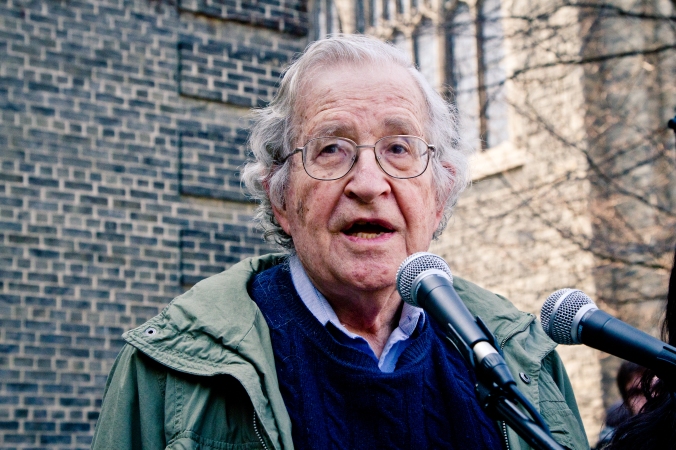
TO: Board of Managers of Swarthmore College
We are writing to you as proud recipients of honorary degrees from Swarthmore College. Whether it was divesting from Apartheid, refusing to bow to McCarthyism, developing leaders in the civil rights and peace movements, or admitting women from its founding, Swarthmore has been a powerful voice for justice at critical moments in history. Right now, we are at one of those points.
Scientists say that we must substantially reduce global carbon emissions within the next several years in order to avoid runaway climate change with devastating effects. While the Paris accords represent a significant step towards the goal of reducing greenhouse gasses in the atmosphere, the absence of firm commitments by the parties means that we still have a long way to go if we are to prevent the rise in global temperature from reaching 2 degrees Celsius. To keep the increase to less than 1.5 degrees Celsius, which the Paris accord set as a desired goal, will be even more difficult.
Climate change is without doubt one of the most important moral, economic, and political issues of our time. We call upon you to exercise intellectual and moral leadership by implementing a plan to divest from fossil fuels over the next few years. Hundreds of other institutions including Oxford University, Stanford University, the city of Seattle, multiple Nordic national pension funds, and even the Rockefeller Fund—which was built off the profits of Standard Oil Company—have divested funds totaling $1 trillion. If they can take that stand, surely Swarthmore can also.
None of us can wait for someone else to end the addiction to fossil fuels that is causing the climate chaos that is just beginning. Ending Apartheid required the force of many different streams in the movement. But Nelson Mandela and Bishop Desmond Tutu have stated that one key stream was the delegitimizing of Apartheid that resulted from the divestment campaign. Swarthmore played a significant role in that campaign. It is time for Swarthmore to stand up and do the right thing once again.
Sincerely,
Noam Chomsky, John Braxton and Arlie Hochschild
As of February 19t 2016, honorary degree recipients Lorene Cary, Lotte Bailyn and Barbara Hall Partee have signed onto the letter.
